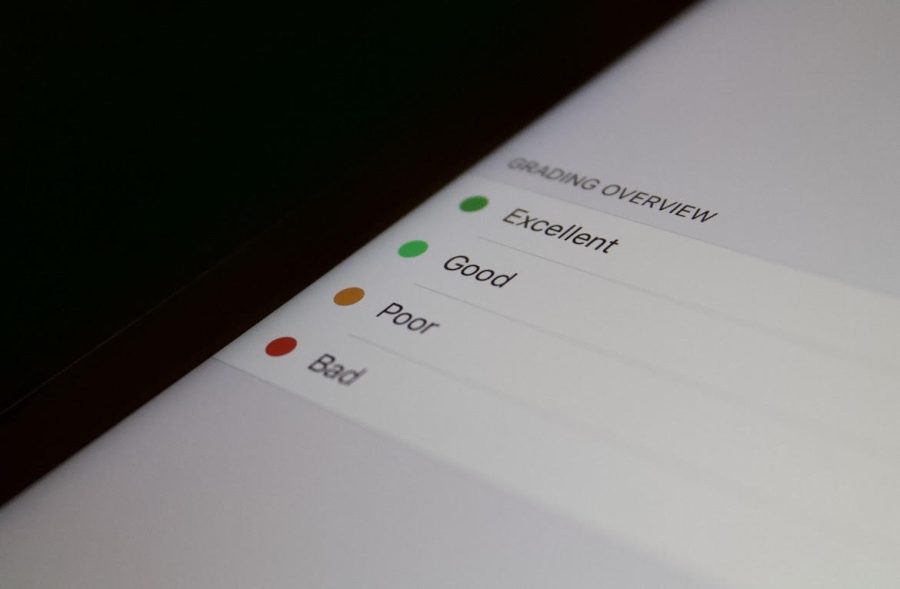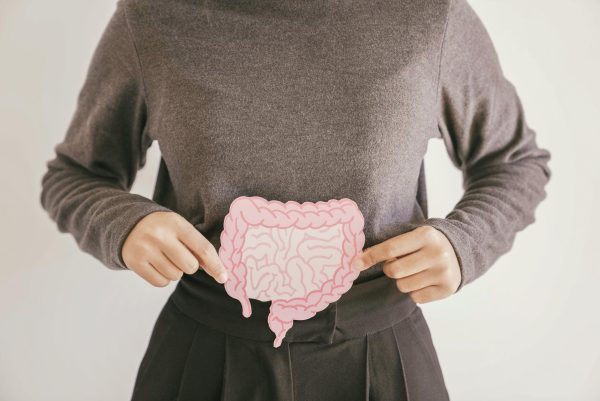How accurate is the Yuka app?
The Yuka app rates products from bad to excellent, based on the product’s ingredients (Madelaine Vikse | Northern Star)
It can be difficult to know and understand what ingredients are in food and cosmetics. Beyond that, it is even more trying to know good chemicals from bad without spending hours researching each product. The Yuka app was created to make this easier for anyone looking to improve their diet or skin.
Yuka was created in 2017 by Benoit Martin, François Martin and Julie Chapon. Once downloaded, users can scan any food or cosmetic item’s barcode and the app will provide the item with a score out of 100.
The creators pride themselves on the unbiased results toward each scannable product and provide consumers with a gratifying feeling when a product they own is considered “good.” The app can be beneficial, but this should not be used over the recommendations of professionals, even if an item is said to be bad.
“Everything I scanned was ‘bad’,” said Corinn Schusteff, a math major at NIU. “What was shocking is that the skincare I would scan were things that were recommended by my dermatologist so I started feeling as if the app maybe wasn’t good or was wondering what they are basing the grade off of.”
According to Yuka’s website, food products are rated as follows: “Nutritional quality is 60% of the score. The presence of additives is 30% of the score. The organic dimension is 10% of the score.” For cosmetics, the website says, “Ingredients are classified into four risk categories: risk-free (green dot), low risk (yellow dot), moderate risk (orange dot) and hazardous (red dot).”
Researcher Bastien Soutjis dives into many aspects of the app by interviewing, observing the app and conducting his own research to determine the effects its results will have on consumers. Although the app is marketed in a positive light, Soutjis said in his research that “the ethical considerations of the designers incorporated in these apps are based on an arbitrarily decided method (by the creators) resulting in an amalgam of expert advice and available product information.”
This is beneficial to keep in mind when using the app because it may not be 100% accurate.
The Yuka app can be a fun and eye-opening way to discover healthier food and skincare products, but consumers should do further research before throwing out their “bad” products.


















